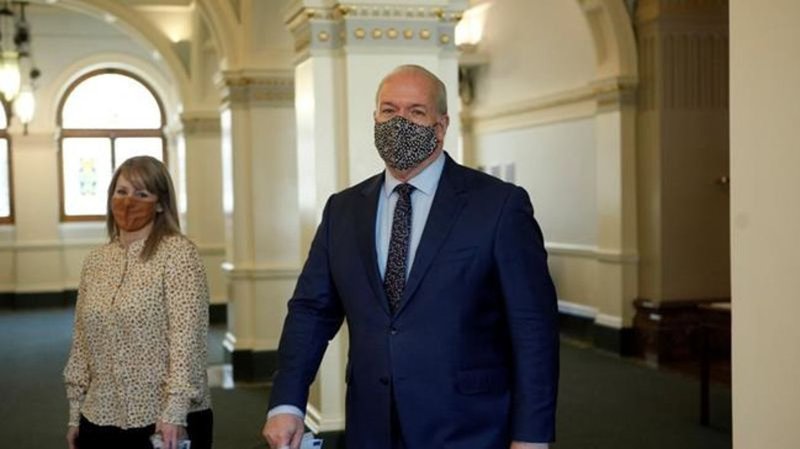
Worker fears getting COVID-19 without sick leave, wants B.C. to act
VANCOUVER — Avtar Badesha says he fears getting COVID-19 or being exposed to the virus because he couldn’t support his family without any paid sick leave during quarantine.
The 33-year-old power engineer in Vancouver’s education sector said his wife doesn’t work and they have a six-month-old baby so affording rent and groceries would be tough if he lost two weeks’ wages.
The possibility of infection is a daily worry and he is taking every precaution when meeting with contractors, co-workers and others on the job, which requires the maintenance of boilers and heating systems.
“I’m just dodging the bullet,” he said in an interview.
